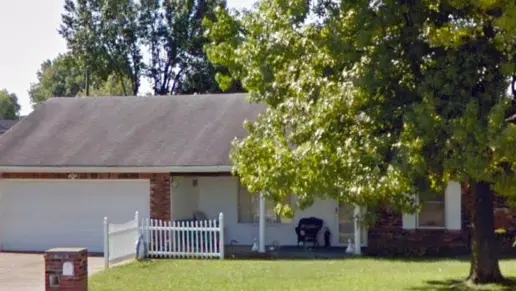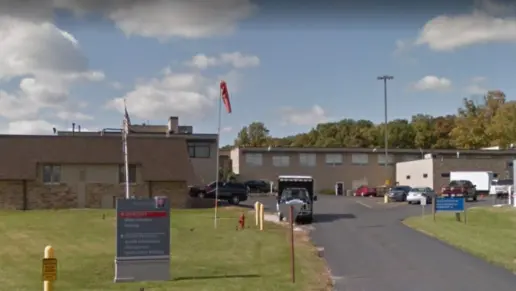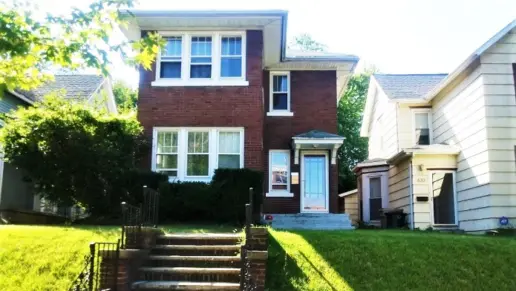It helped me overcome my addiction and not only that, but it also helped me realize how scared I was to accept the fact that I had a substance abuse issue. I'm finally relieved that I found a place where I can feel safe and where I can learn how to be myself again.
About Michiana Behavioral Health
Michiana Behavioral Health is a 12-Step drug and alcohol rehab and mental health facility for youth and adults in Plymouth, Indiana. They provide telehealth care, medically supervised detox, inpatient programs, intensive outpatient programs (IOP), and aftercare services.
Michiana Behavioral Health in Plymouth, Indiana, is a center that provides several services to adults, children and adolescents, particularly those battling a mental health disorder. This center also offers inpatient detox and outpatient addiction treatment for adults.
If your ultimate goal is to restore emotional and physical health while you recover, you might consider their inpatient detox program before enrolling in the center’s outpatient program. The inpatient detox program is not solely focused on your recovery. It also focuses on the healing process of the entire family.
When participating in the inpatient detox program, you can expect around the clock treatment and individualized treatment for drug and alcohol addiction, including opioid addiction. You should also expect to participate in evidence-based modalities, including dialectical behavioral therapy. Many have found this therapy beneficial if they are dealing with co-occurring conditions.
While detoxing, you will engage in daily programming, including visits with a psychiatrist and group therapy and psychoeducational groups. Treatment also includes onsite AA meetings and insight-oriented group psychotherapy that encourages peer to peer support and learning. There is also a family program.
Once you’ve finished detoxing, you can enroll in the outpatient program. It offers 15 to 21 sessions following Marsha Linehan’s four skill modules as its basis for treatment. This specialized programming will help you regulate your emotions, increase your interpersonal effectiveness, learn to deal with stress and live a healthy life after recovery.
It’s also helpful to know that this program takes a multimedia approach to treatment. This means you will learn how to recover from drugs and alcohol through videos, television and newspapers that explore a diverse range of topics specific to addiction.
Latest Reviews
Rehab Score
Gallery
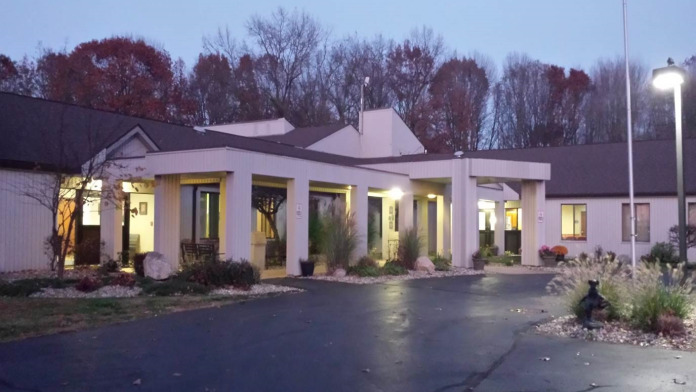
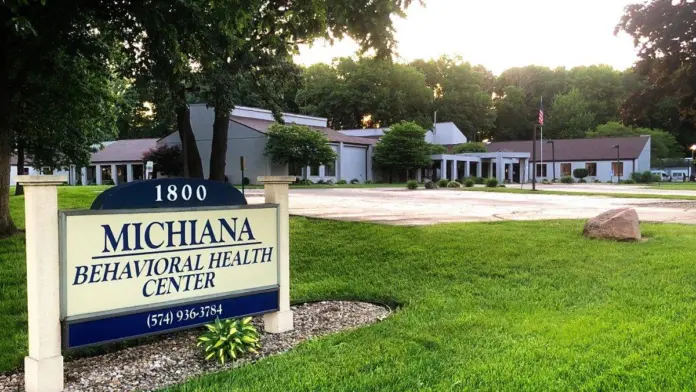
Location
Other Forms of Payment
Medicaid is a state based program that helps lower-income individuals and families pay for healthcare. Medicaid covers addiction treatment so those enrolled can use their coverage to pay for rehab. When a program accepts Medicaid the client often pays very little or nothing out of their own pocket.
Private insurance refers to any kind of healthcare coverage that isn't from the state or federal government. This includes individual and family plans offered by an employer or purchased from the Insurance Marketplace. Every plan will have different requirements and out of pocket costs so be sure to get the full details before you start treatment.
Self-pay involves paying for treatment out of your own pocket. You can use savings or credit, get a personal loan, or receive help from family and friends to fund your treatment. If you don't have insurance or your insurance plan doesn't cover a specific program, self-pay can help ensure you still get the care you need.
Financial aid can take many forms. Centers may have grants or scholarships available to clients who meet eligibility requirements. Programs that receive SAMHSA grants may have financial aid available for those who need treatment as well. Grants and scholarships can help you pai for treatment without having to repay.
Medicare is a federal program that provides health insurance for those 65 and older. It also serves people under 65 with chronic and disabling health challenges. To use Medicare for addiction treatment you need to find a program that accepts Medicare and is in network with your plan. Out of pocket costs and preauthorization requirements vary, so always check with your provider.
Military members, veterans, and eligible dependents have access to specific insurance programs that help them get the care they need. TRICARE and VA insurance can help you access low cost or no cost addiction and mental health treatment. Programs that accept military insurance often have targeted treatment focused on the unique challenges military members, veterans, and their families face.
Addiction Treatments
Levels of Care
Treatments
Many of those suffering from addiction also suffer from mental or emotional illnesses like schizophrenia, bipolar disorder, depression, or anxiety disorders. Rehab and other substance abuse facilities treating those with a dual diagnosis or co-occurring disorder administer psychiatric treatment to address the person's mental health issue in addition to drug and alcohol rehabilitation.
Mental health rehabs focus on helping individuals recover from mental illnesses like bipolar disorder, clinical depression, anxiety disorders, schizophrenia, and more. Mental health professionals at these facilities are trained to understand and treat mental health issues, both in individual and group settings.
Programs



Clinical Services
Individual dialectical behavior therapy (DBT) takes place in weekly, 60 minute sessions. You'll have homework to do, such as keeping a diary to track your emotions and actions. You'll also attend group sessions, which are intended to be skills practicing sessions. DBT in Indiana typically lasts six months to a year.
In individual therapy, a patient meets one-on-one with a trained psychologist or counselor. Therapy is a pivotal part of effective substance abuse treatment, as it often covers root causes of addiction, including challenges faced by the patient in their social, family, and work/school life.
Trauma therapy addresses traumatic incidents from a client's past that are likely affecting their present-day experience. Trauma is often one of the primary triggers and potential causes of addiction, and can stem from child sexual abuse, domestic violence, having a parent with a mental illness, losing one or both parents at a young age, teenage or adult sexual assault, or any number of other factors. The purpose of trauma therapy is to allow a patient to process trauma and move through and past it, with the help of trained and compassionate mental health professionals.
Whether a marriage or other committed relationship, an intimate partnership is one of the most important aspects of a person's life. Drug and alcohol addiction affects both members of a couple in deep and meaningful ways, as does rehab and recovery. Couples therapy and other couples-focused treatment programs are significant parts of exploring triggers of addiction, as well as learning how to build healthy patterns to support ongoing sobriety.
Research clearly demonstrates that recovery is far more successful and sustainable when loved ones like family members participate in rehab and substance abuse treatment. Genetic factors may be at play when it comes to drug and alcohol addiction, as well as mental health issues. Family dynamics often play a critical role in addiction triggers, and if properly educated, family members can be a strong source of support when it comes to rehabilitation.
Staff & Accreditations
Staff
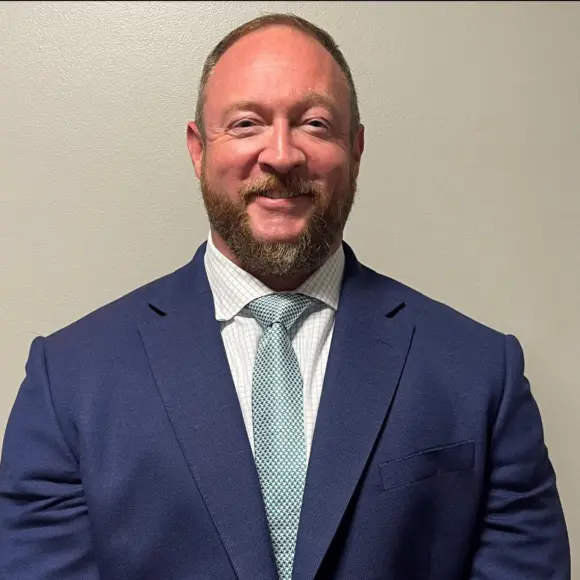
CEO
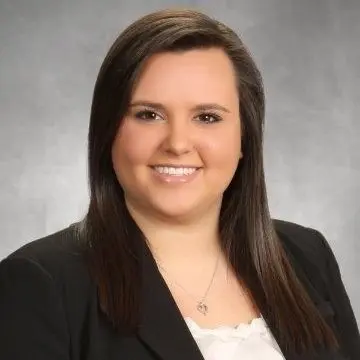
CFO

Medical Director

Adult Unit Coordinator

Director of Nursing

Director of Human Resources

Director of Business Development

Director of Clinical Services
Accreditations

The Joint Commission, formerly known as JCAHO, is a nonprofit organization that accredits rehab organizations and programs. Founded in 1951, the Joint Commision's mission is to improve the quality of patient care and demonstrating the quality of patient care.
Joint Commission Accreditation: Yes
Contact Information
1800 North Oak Drive
Plymouth, IN 46563
